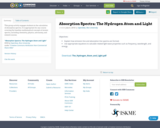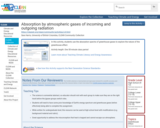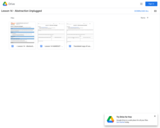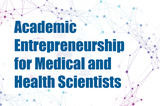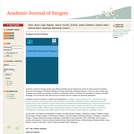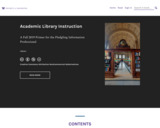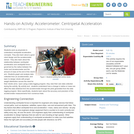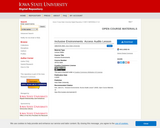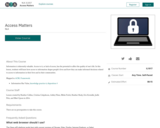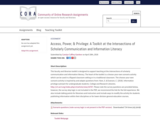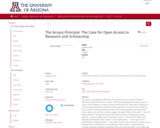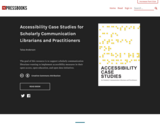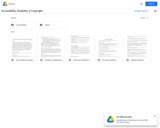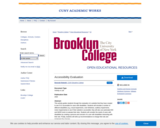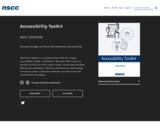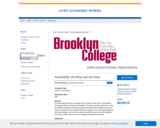Academic Journal of Surgery (AJS) is the official scientific journal of Research Center for Improvement of Surgical Outcomes & Procedures (RCISOP) affiliated to Tehran University of Medical Sciences. AJS is an open access, peer-reviewed, and quarterly journal that considers for publication articles in all fields and specialties of surgery in English language. This journal has both online and print versions and no charges are levied for publication.
Currently, AJS is indexed and abstracted in: Citefactor, UlrichsWeb, Index Copernicus (IC), Directory of Research Journal Indexing (DRJI), Google Scholar, International Committee of Medical Journal Editors (ICMJE), Open Academic Journals Index (OAJI), Advanced Science Index (ASI), Unversal Impact Factor (UIF), Directory of Abstract Indexing for Journals (DAJI), JournalTOCs, Electronic Journal Library (EZB), Scientific Indexing Services (SIS), AcademicKeys, Research Bible, InfoBase Index, Cosmoc Impacr Factor, Scholar Steer, Magiran, and IranMedex.
AJS focuses on all fields and specialties of surgery including General Surgery, Orthopedic Surgery, Pediatric Surgery, Neurosurgery, Plastic Surgery, Cardiothoracic Surgery, Vascular Surgery, Endocrine Surgery, GI Surgery, Colorectal Surgery, Urology, Surgical Oncology, Radiology, Anaesthesia, Trauma Services, ENT, particularly about surgical practice and research. Content includes Original Articles, Systematic Review or Meta-Analysis, Review Articles, Case Reports, Letters to the Editor, Clinical Trials and Health Policy Challenge.
